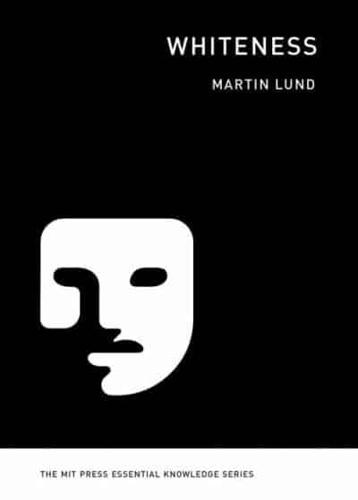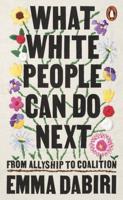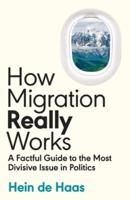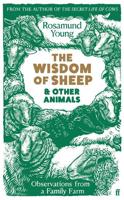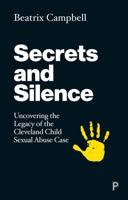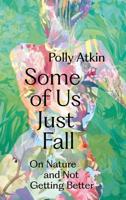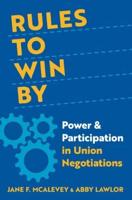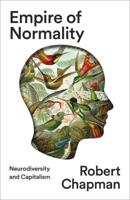Publisher's Synopsis
This volume in the MIT Press Essential Knowledge series examines the socially constructed phenomenon of whiteness, tracing its creation, its changing formation, and its power to privilege and protect people who are perceived as white. Whiteness, author Martin Lund explains, is not one single idea but a shifting, overarching category, a flexible cluster of historically, culturally, and geographically contingent ideals and standards that enable systems of hierarchical classification. Lund discusses words used to talk about whiteness, from white privilege to white fragility; the intersections of whiteness with race, class, and gender; whiteness in popular culture; and such ideas as "colorblindness" and "reverse racism," which, he argues, actually uphold whiteness. Lund shows why it is important to keep talking and thinking about whiteness. The word "whiteness," he writes, doesn't describe; it conjures something into being. Drawing on decades of critical whiteness studies and citing a range of examples (primarily from the United States and Sweden), Lund argues that whiteness is continually manufactured and sustained through language, laws, policies, science, and representations in media and popular culture. It is often positioned as normative, even universal. And despite its innocuous-seeming manifestations in sitcoms and superheroes, whiteness is always in the service of racial domination. Series Overview: ACCESSIBLE, CONCISE, BEAUTIFULLY PRODUCED BOOKS ON TOPICS OF CURRENT INTEREST. Written by leading thinkers, this series delivers expert overviews of subjects that range from the cultural and the historical to the scientific and the technical. Synthesising specialised subject matter for nonspecialists and engaging critical topics through fundamentals, each of these compact volumes offers readers a point of access to complex ideas.


